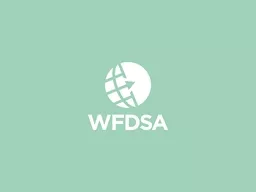PDF-(BOOS)-Medical Ethics
Author : unludwig | Published Date : 2022-08-31
This book is a practical introduction to the ethical questions doctors and other health professionals can be expected to encounter in their practice It is of immediate
Presentation Embed Code
Download Presentation
Download Presentation The PPT/PDF document "(BOOS)-Medical Ethics" is the property of its rightful owner. Permission is granted to download and print the materials on this website for personal, non-commercial use only, and to display it on your personal computer provided you do not modify the materials and that you retain all copyright notices contained in the materials. By downloading content from our website, you accept the terms of this agreement.
(BOOS)-Medical Ethics: Transcript
Download Rules Of Document
"(BOOS)-Medical Ethics"The content belongs to its owner. You may download and print it for personal use, without modification, and keep all copyright notices. By downloading, you agree to these terms.
Related Documents














